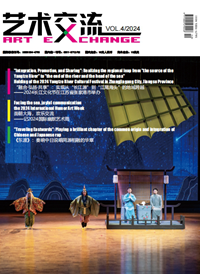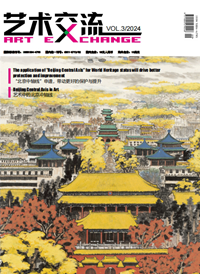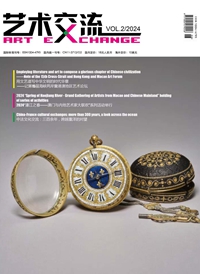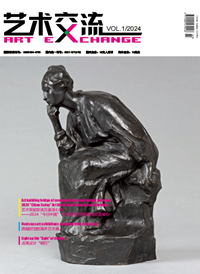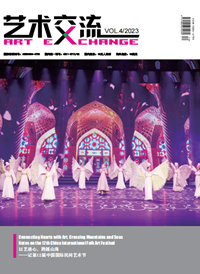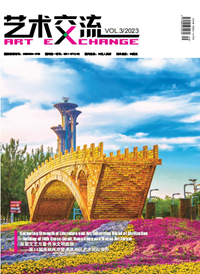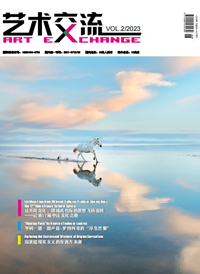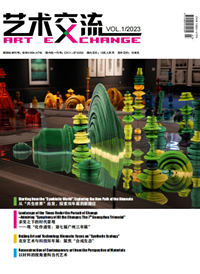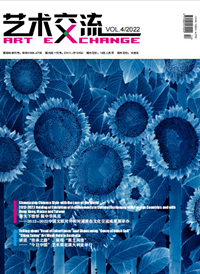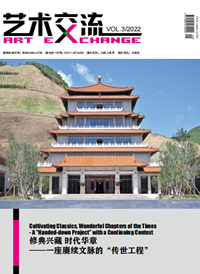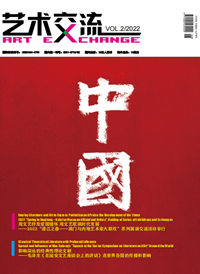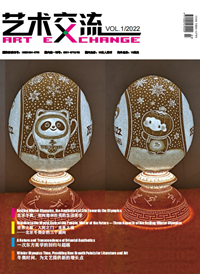Cultural Development Demands Local Origin
——Interview with Matthias Woo, Inter-media Cultural Activist in HK
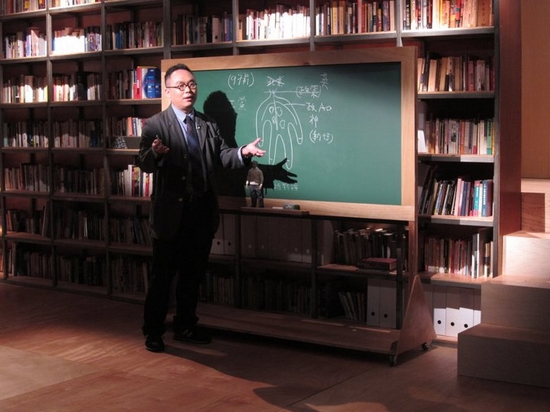
Matthias Woo in the Program I Want to be CE by Asian TV
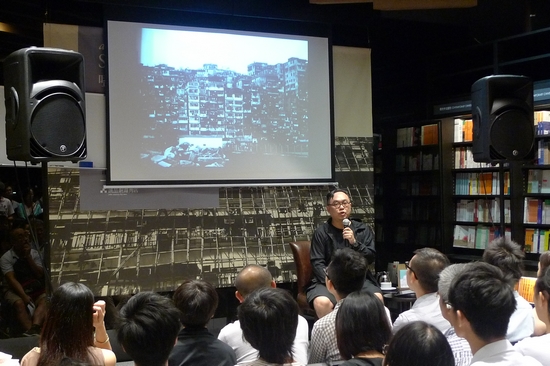
Matthias Woo Lectured about Urban Architecture Style of HK in Elite Bookstore
Among the 8 productions in the performing season of the 30th anniversary, only The Divine Comedy of Capitalism and 0382 are of pure HK blood. In addition to special invited Das Kapital by Shanghai Dramatic Theatre Center, there were four co-production with mainland counterparts, that is, Stage Sisters, Flee by Night, Eighteen Springs and 1587: A Year of No Significance. For example, A Spiritual Play, a cooperation performance that transcends theatre disciplines, countries and cultures, is quite rare in HK theatre circles, but it is quite common in the history of Zuni.
Zhang Li: Currently, most HK theatres focus on local creation. Why does Zuni choose to play the role in inter-cultural exchange?
Matthias Woo: Our position is liked to the macro-Chinese cultural circumstance, and we hope our theatre can represent the cultural identity of Hong Kong to participate in the whole Chinese cultural development. Then it is impossible to confine our creation to locality in Hong Kong.
Zhang Li: Recently you have conducted frequent cooperation with traditional local operas. Is it for expanding creation and market, or bringing novelty and new ideas?
Matthias Woo: As to cooperation with traditional operas, at the beginning, we were interested in its presentation style. However, gradually we learned how to practice such operas and the logic behind the performance. I often try to conclude a modern acting training system for our own sake from their logic. As you may know, the current training system in HK was virtually introduced from the West.
Zhang Li: Traditional Chinese operas have been added in the curriculum of The Hong Kong Academy for Performing Arts. Does it mean that it is possible to make such efforts as you mentioned?
Matthias Woo: In my opinion, that measure only provides structure in administration to some degree, but they have no time to make a study or a special design corresponding to HK reality. In HK cultural policies, the mainstream is exporting from the West and the support for locality is quite simple—funding. They hardly foster potential audiences or even artists, and the performing companies have to bring audiences into their theatre on their own.
Art education and cultural research are indispensable to each other. Nevertheless, the current situation in HK lacks of theoretic study in the academic level. In Matthias Woo’s opinion, such lack has affected the growth of social art environment and on the other hand pop culture occupies more room than pure art development in such a degree that the whole social progress is hindered.
Zhang Li: Why does Hong Kong lack cultural research and conclusion of local art development?
Matthias Woo: In HK cultural policy, there is a lack of focus on research. We do not have such professional research institute as in the mainland. There is hardly anything to mention in HK art development history. Maybe the situation in HK film is a bit better, but theatre, visual arts and design are all weak in research. As to local cultural theory research, one must know in what condition the HK society is and what cultural and art development is necessary for HK. HK used to be a colony, so the British would do nothing at all but some superficial polishing. After returning to China, our government hasn’t done anything yet. If you mention Mozart to a HK citizen, he or she probably has no idea. If you talk about Mei Lanfang or Anita Mui, he or she can say something. Under such circumstance, even art critics become a subjective question of like or not.
Zhang Li: Is there any relationship between market orientation of HK society and municipal consumption ideas?
Matthias Woo: In the past Chinese society, there used to be an elite culture tradition, which, however, is now weakened. Plus we have no perfect plan or research for market orientation. Therefore, we trust the market and consider elite culture tradition to be a total failure if it wins no market. As a matter of fact, it is not a question of right or wrong but a question of choice. I always hold that one of the functions of art creation is to inspire creativity and foster talents for society. Pure art creation, instead of serving the market or social development, provides originality for the whole social progress. Then in any country or region, no elite culture, no future at all. Even in USA where pop culture witnesses great advance, there is elite culture on its own, which indicates that pop culture and elite culture have no contradiction so long as the administration policy is reasonable. To our regret, HK brings them into conflict, and the obvious effect is lack of new talents.
Starting from the early 1990s, Zuni conducted research in cultural policies in HK, and provided opportunity and platform for cultural experts’ discussion in preparations for HK’s returning to China and Legislative Council election. In 1996, Matthias Woo established HK Development Strategy Institute and acted as president who prepared Cultural Policy Report in 1991 and 1993, 1997 Film Policy Research Report and Find HK Information Infrastructure 1997. In 2006, Matthias Woo was designated to be a member of Performing Arts and Tourism Group under West Kowloon Culture and Entertainment District Essential Culture and Art Facility Advisory Committee and a member of Public Radio Service Supervision Committee. In 2009, he was designated to be a member of HK Economic Opportunity Committee. This year, he has given culture lectures in HK on many occasions and presided over many TV programs of cultural policy discussion in Asian TV, all of which have manifested his increasing in-depth thoughts.
Zhang Li: Just now you mentioned elite culture, which in a sense is pure art. Then what kind of support can HK government provide in cultural policy so as to ensure survival and development of pure arts in HK?
Matthias Woo: I don’t think funding is enough to support arts. Like a living environment, policies will definitely affect your behavior. For example, Broadway is just a district which gathers dozens of theatres of all sizes. Actually, most theatres are losing money and the proportion of profitable ones is limited. Many investors still put their money, just to foster acting talents. Of course they invest in film and TV at the same time. They can clearly tell the level of high arts, the profitability of pop arts and the difference in between. There used to be many grand theatres with similar management as Broadway. They made large-scale theatre while shooting films. As soon as they got money from films, they would invest into theatre venues and training school. Nevertheless, in the 1960s when market was fully occupied by Taiwan mandarin films, it was hard to maintain the prosperity of Cantonese operas. With training system suspended, no more talents occurred. The then government never brought this mode into system like traditional opera academy in the mainland, and many investors were at a loss in the immigration tide. We can say that our policies never provide stable protection and development mechanism for arts, which indicates the significant impact of cultural policy.
Zhang Li: If you give a summary of all the questions, research and discussion of cultural policies, is it possible to put forward a series of suggestion in system?
Matthias Woo: First of all, our position must be from locality. There is no use lending a brand abroad to HK. A sustainable development of a local culture requires localized cultural capital. Secondly, policies must be made in a scientific system of differentiation because policies to foster audience and artists are different from each other. Art education in primary and secondary schools is for art popularization and that in universities is for art profession. Thirdly, we must bring the local artists into full play in the whole cultural system in HK. Last but not least, research must be strengthened in a slow but sfficient way.
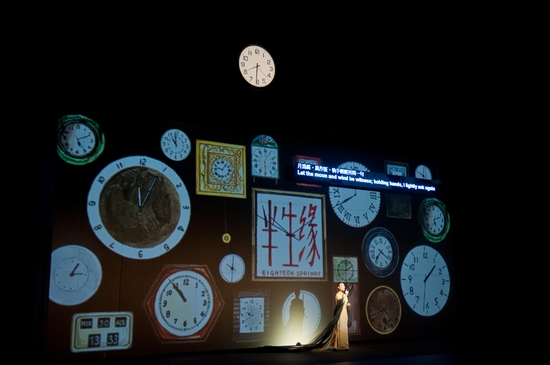
Photo of Eighteen Springs
Photo of The Divine Comedy of Capitalism
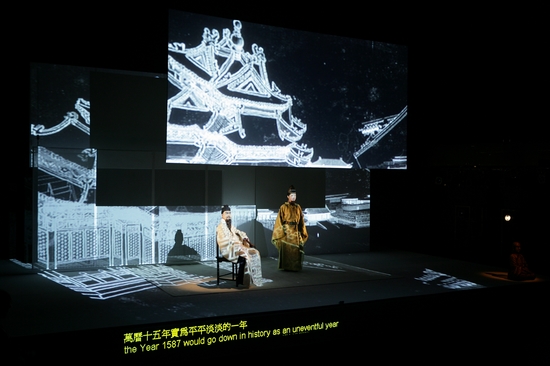
Photo of 1587: A Year of No Significance
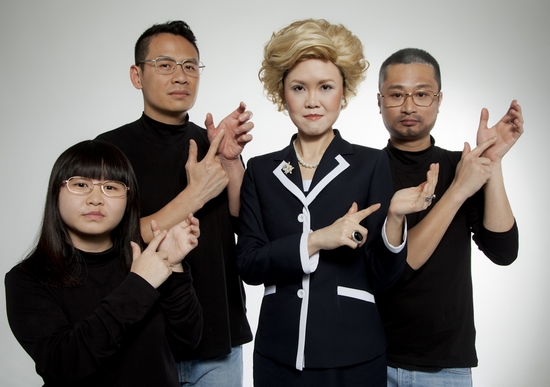 This year marks the 30th anniversary of founding of the most representative experimental theatre Zuni Icosahedron in Hong Kong. For the three decades, it has endeavored not only to explore latest trend in HK experimental theatre, but also to promote international cultural exchange in an active manner. Besides, it positively keeps research and discussion concerning local cultural policy.
This year marks the 30th anniversary of founding of the most representative experimental theatre Zuni Icosahedron in Hong Kong. For the three decades, it has endeavored not only to explore latest trend in HK experimental theatre, but also to promote international cultural exchange in an active manner. Besides, it positively keeps research and discussion concerning local cultural policy.



